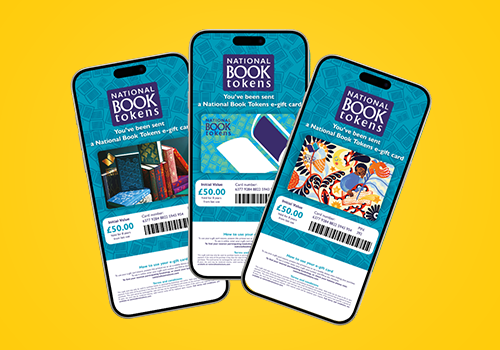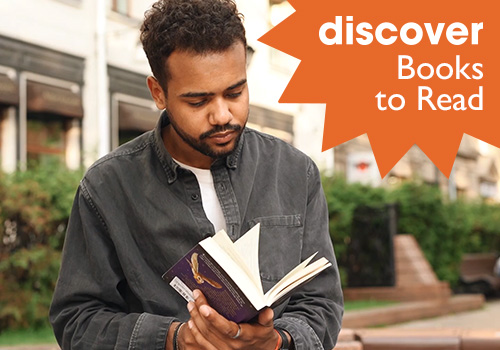10 unputdownable novels with characters in STEM
Kara Gnodde's The Theory of (Not Quite) Everything is a smart, tender and uplifting novel about family, friendship and the mysteries of maths. Kara's joined us to 10 fantastic books featuring characters in science, technology, engineering and mathematics (STEM).
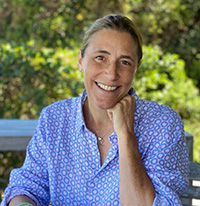
"Genetics, equations, chimpanzees. Distinct from science fiction, novels that put real science and maths at the heart of human stories are a genre of their own – StemLit, or LabLit. Even for those for whom double maths or science on a Thursday afternoon was a torture chamber, their appeal lies in clever white-coat or number-crunching characters dedicated to better understanding our world. Their work requires discipline, precision and rigour, but their lives are as imperfect and messy as our own. My debut novel, The Theory of (Not Quite) Everything, is about a pair of adult siblings, Mimi and Art. It's an unconventional love triangle with mathematics at its heart, and my STEM character is Art – a genius and all too human mathematician.
Listed below are some of my favourite STEM novels. It's interesting to see how often the female protagonists have struggles relating to their role as outsider in their field; they're still fighting for recognition. Their male equivalents seem to be given different challenges: how to contain the hubris of being a Nobel Prize winner, for example!" Kara Gnodde
Lessons in Chemistry by Bonnie Garmus
Elizabeth Zott makes chemistry accessible – to the nation, via a TV cooking show (whilst single-parenting her remarkable daughter). If you haven't read it, you’ve either been saving it, or living under a rock. Reluctant TV star Zott would be able to tell you the chemical make-up of that rock, but she'd more likely use it as a pestle and mortar on her show. Her viewers and Garmus's readers delight in every molecule. Facts, the fifties, food and feminism – pure alchemy.
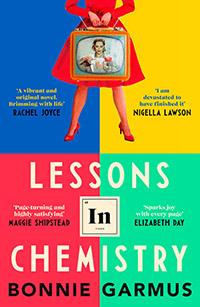
State of Wonder by Ann Patchett
Following the disappearance of a colleague, Marina Singh's work on a game-changing infertility drug takes her into the Brazilian Rainforest. 'State of wonder' could apply to pharmacological effects on local tribes, or the wonder of creation, but it perfectly describes my enchantment with Patchett's tale. Jungle-dense with scientific details, it drips with humidity, malarial menace, suspense, and danger. A deeply moving, human story.
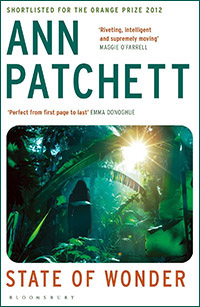
The Love Hypothesis by Ali Hazelwood
PhD student Olive skips her way through this classic rom-com. Unusually for the genre though, it's firmly rooted in biology labs – Olive studies biomarkers for pancreatic cancer. Her career doesn't feel like an add-on; it's fully realised, with enough geeky detail to be satisfyingly STEM. And that never detracts from the full-tilt pace of a genuinely hilarious 'unlikely-relationship-turns-romance' – Olive pretends to have a relationship with a taciturn professor. You know what happens. Ali Hazelwood hits every beat.
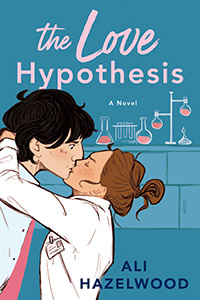
Brazzaville Beach by William Boyd
My all-time favourite Boyd, and possibly, book. Scientist Hope Clearwater is married to John, a mathematician. Hope’s professional life moves from mapping hedgerows in Dorset to researching chimpanzee behaviour in the Congo. Her personal life moves from romance and domesticity to tragedy, conflict and reflection. From the exotic Brazzaville Beach, her recollections meander, not bound by the time she's actually in. Boyd's descriptions of chaos theory, the research centre and the chimpanzees themselves, are constant companions with John's maths and Hope's science intricately woven into the story, and ultimately, inseparable from it. You'll check the cover more than once to remind yourself it was written by a man.
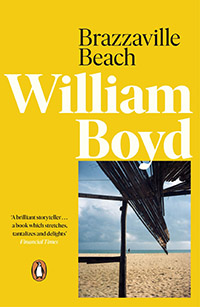
Tomorrow, and Tomorrow, and Tomorrow by Gabrielle Zevin
A rollercoaster magic mash about game design and all its creativity and 'stemminess'. One of Gabrielle Zevin's two unforgettable main characters talks about when 'one’s taste exceeds one's abilities.' At first, Sam and Sadie design games that are less sophisticated than the ones they like to play. I've heard Zevin say that for a while her taste in literature exceeded her own abilities, too. I suspect she now defines the bar that many writers will look up to. Hoping that someday, they might reach: LEVEL ZEVIN.
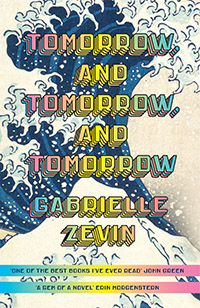
The Rosie Project by Graeme Simsion
An Australian genetics professor has had no success in finding a wife. He's lonely, with only two friends. (He's counted). Like Art, in my novel, Don Tillman is neurodivergent, and decides to run a data-driven experiment. Rosie turns all his methodical plans on their head. Underneath the apparently two-dimensional Don, beats a warm heart. It's very funny, touching and clever.
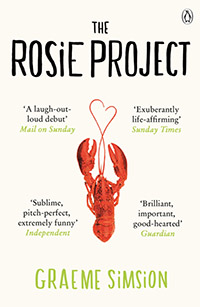
All The Light We Cannot See by Anthony Doerr
A story about a blind girl and an orphaned German maths prodigy is about as illuminating as it's possible to be – about maths and physics, the science and psychology of blindness, mollusc anatomy, and more. But most of all, the human heart. There is so much to relish in this brilliant book. No wonder it took Doerr ten years to write. He seems to have captured the world.
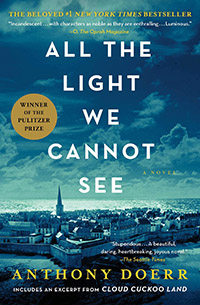
Flight Behaviour by Barbara Kingsolver
Dellarobia watches as inexplicable waves of flame-coloured monarch butterflies light up the mountainside in her rural Tennessee, as if it is on fire. It's a powerful metaphor for climate change and the power to transform. Ovid, an entomologist, argues passionately that climate change is the reason the butterflies are there. He transforms Dellarobia's life too, and while we read, ours.
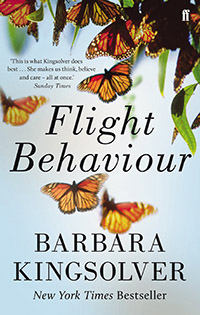
Solar by Ian McEwan
It was irresistible to include Michael Beard, the wholly unattractive has-been Nobel Prize-winning scientist, wrestling with the challenges of fame in McEwan's black comedy, Solar. McEwan has written several books that deliver PhD-level science in an accessible way. Neurosurgery in Saturday, molecular biology in Enduring Love and mathematics in Machines Like Me. It doesn't always produce the most endearing characters, but McEwan's masterful control of prose makes them all worth your time.
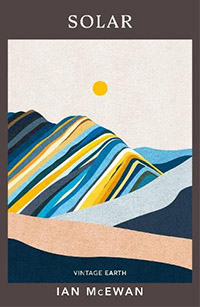
Apple Tree Yard by Louise Doughty
'DNA made me, and DNA undid me', says Dr Yvonne Carmichael, pre-eminent geneticist, at the start of a murder trial where she stands accused. A spontaneous and reckless affair is out of character, outside of what she believes her own DNA defined pre-dispositions to be. I've included it for Yvonne's unquestioned authority in her field, which makes it very hard not to believe her in the dock.
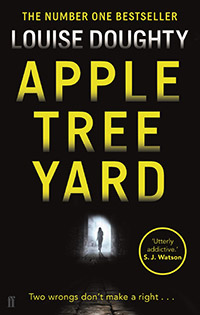
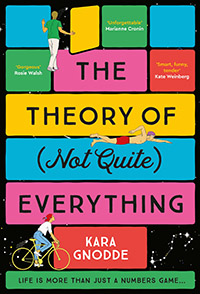
About The Theory of (Not Quite) Everything by Kara Gnodde
Like circles of a Venn diagram, Mimi and Art Brotherton come as a pair. Devoted siblings, they're bound together in their childhood home by the tragic death of their parents. Genius mathematician Art believes that people – including his sister – are incapable of making sensible decisions when it comes to love. That's what algorithms are for. Mimi believes that maths isn't the answer to everything. Not quite. Especially when it comes to love. The arrival of Frank – not algorithm approved – challenges the siblings' relationship to breaking point. As their equilibrium falters, they need to confront their past and innermost secrets to clear the path for love. Evidence or instinct? Head or heart?
